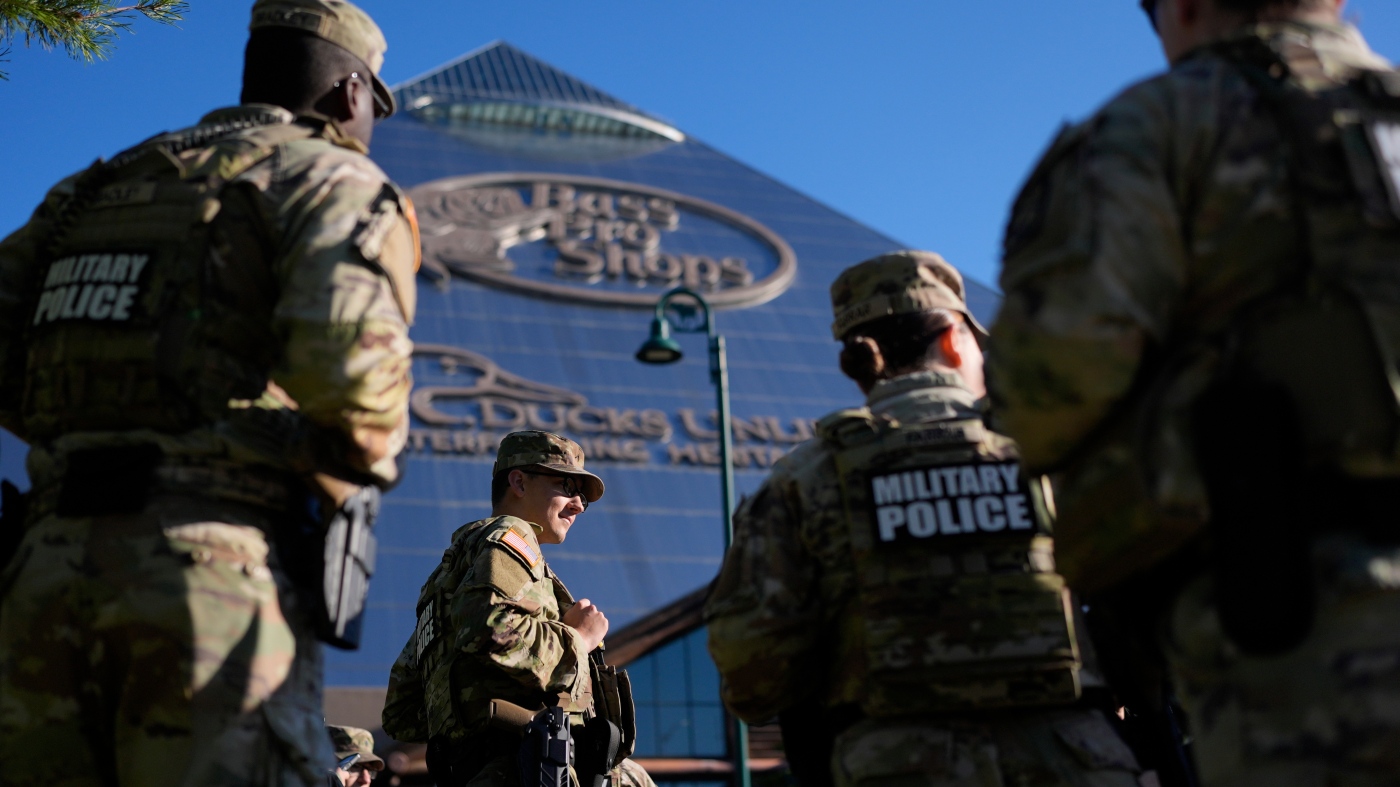National Guard troops have started patrolling Memphis to help tackle rising crime. This comes from a federal task force set up by President Trump, which aims to assist local law enforcement. The task force launched operations last week and involves various federal agencies.
Reports indicate that Memphis is experiencing significant violent crime, overwhelming local authorities. The Trump administration has emphasized the need for this intervention, suggesting that the situation has escalated beyond what local resources can handle.
The Memphis Police Chief, Cerelyn “CJ” Davis, noted that some Guard members were already in the city for planning before the official deployment. As for how many troops will be present and their specific locations in Tennessee’s second-largest city, that information remains unclear.
What makes Memphis different is that the Guard operates under the governor’s command, unlike in states like California and Oregon, where the federal government activated troops amidst legal challenges. This distinction has sparked discussions about the appropriateness and implications of federal intervention in Democratic-led cities.
Supporters of this initiative argue that it could lead to lower crime rates. Meanwhile, critics feel it unfairly targets these cities, raising concerns about the extent of presidential power over military forces. Legal experts worry that such actions might set a precedent for future interventions.
In Memphis, the Guard’s role mirrors efforts seen earlier in Washington D.C., where troops focused on patrol and city beautification. A presidential memo outlines that the Memphis task force’s goals include reducing crime, enforcing immigration laws, and assisting local police with recruitment and training.
Interestingly, the deployment will be phased, with personnel from 13 U.S. agencies involved, including the FBI and the DEA. Governor Bill Lee clarified that while Guard members will be visible and easily identifiable, they will not carry weapons unless local law enforcement requests it. Their primary mission will be to support rather than make arrests.
Local leaders have mixed feelings about this federal assistance. While Governor Lee expresses support, Memphis Mayor Paul Young has raised concerns about whether the Guard is the right solution for crime. He noted the city already faces its own challenges, including addressing homelessness and urban blight, areas where additional help might be beneficial.
The recent spike in crime in Memphis has been alarming; the city recorded over 340 homicides last year. It’s part of a broader trend across many U.S. cities, where violent crime rates have fluctuated during the pandemic. These developments have been a hot topic on social media, sparking debates about the best ways to ensure public safety and effective governance.
In summary, the National Guard’s presence in Memphis is part of a complex response to rising crime. Reactions vary widely, reflecting broader concerns about crime, governance, and community well-being. The success of this initiative may hinge on its ability to foster trust between citizens and law enforcement while genuinely addressing the root causes of crime.


